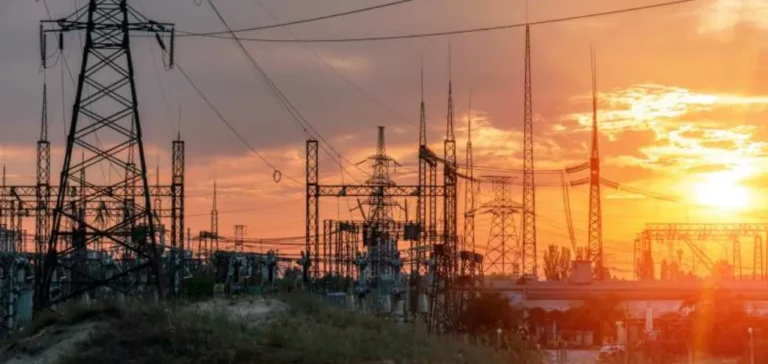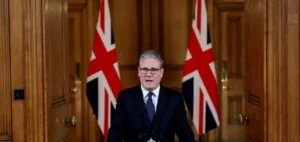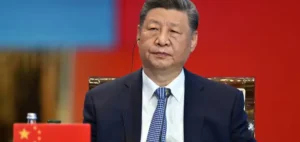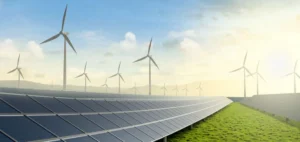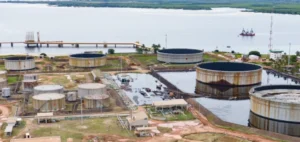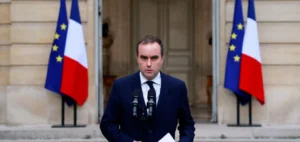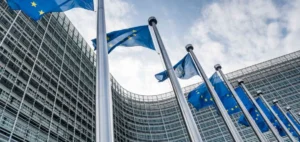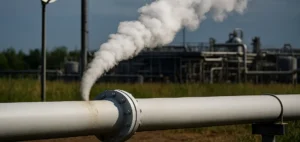Algeria has announced a modernisation operation of its national electricity supervision and control system, scheduled to begin in 2026. Minister of Energy and Renewable Energies Mourad Adjal stated that the programme will target the SCADA (Supervisory Control and Data Acquisition) system, operated by the state-owned company Sonelgaz, responsible for electricity production, transmission and distribution nationwide.
This initiative is part of a broader strategy aimed at improving the quality of public electricity service and supporting the country’s ambitions for energy exports. The SCADA system enables real-time monitoring, control and regulation of electricity flows across the national grid from regional control centres.
Targeted upgrade of critical infrastructure
The announced works will focus on upgrading digital infrastructure, modernising communication equipment and optimising control systems. Sonelgaz will directly oversee the technical execution to ensure alignment with ongoing investment programmes in the sector.
The ministry highlighted that rising domestic demand, network expansion and diversification of production capacities make this modernisation essential. The project aims to strengthen the reliability of the electricity system and ensure more precise monitoring of installations across the country.
Objectives aligned with national priorities
This operation adds to previously launched initiatives to enhance national energy security, notably through the National Renewable Energy and Energy Efficiency Development Programme. This plan sets a target of reaching 27% renewable energy in the country’s electricity mix by 2030.
In parallel, authorities are continuing to implement an incentive framework to facilitate grid connection for new production facilities. This momentum is part of Algeria’s structural transformation of its energy sector, addressing performance and operational reliability challenges.


